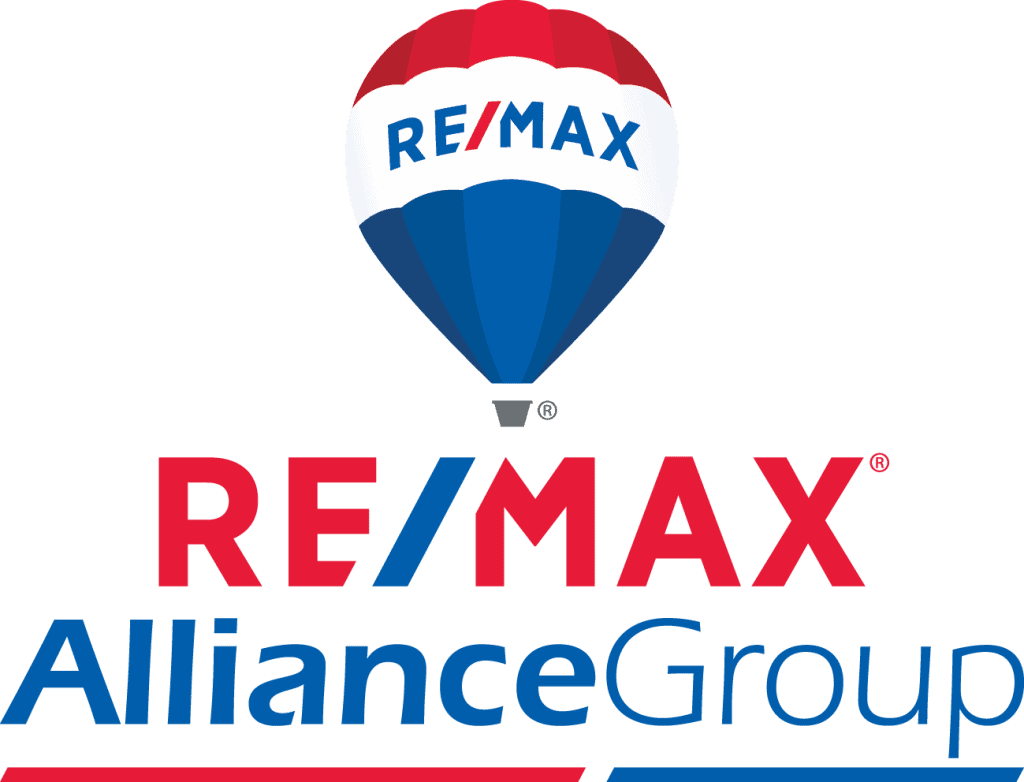Ever wonder what happens when homeowners don’t pay their HOA dues? Don’t get trapped paying someone else’s debt!
This is a guest blog post by: Linda Darwish, of Association Financial Services
Short sales and foreclosures make up a large portion of the Tampa Real Estate market. And that large portion is not contributing to monthly HOA and maintenance fees. When it comes time to sell one of these homes, what happens often, but not in all cases, the association will take a loss by only recovering the lessor of 12 months of assessments or 1% of the value of the first mortgage (known as the statutory cap). This shortfall results in either a reduction of services or an increase in maintenance fees to the good paying owners. So an idea has surfaced in the last few years by which new owners/buyers are handed that bill and hence the birth of the “HOA Resale Capital Contribution. “
The first question a buyer should ask their Realtor is:
Are there any capital contributions to be paid by the buyer prior to closing? Here’s why…
Imagine finding out days before closing that you have to come up with extra money to buy the property. In some cases, a buyer won’t qualify for a mortgage if they need to bring extra funds to closing. Talk about a waste of time?
First, let’s explain what a HOA Resale Capital Contribution is. If the HOA if permitted by their governing documents they can add a fee to closing costs when a new buyer purchases a home in their association. If the board of directors is allowed to determine the amount, then you can see fees as high a $5,000.00 dollars added to each sale. This particular tactic used to make up the difference in what should have been collected and what actually was collected is a heavy handed method of recovering what associations consider as bad debt.
One can well understand the reasoning behind the idea of HOA Resale Capital Contributions, but it’s a short term solution that may not even work in the short term. If associations want to recover the shortfalls from delinquent owners then they should start at the beginning and engage a collection solution that gets their money from the delinquent owner, or foreclosing bank…not from innocent purchasers or real estate sales associates. HOA’s should consider using more aggressive collections methods that don’t allow units to sit around for years until the bank comes for them. Not all foreclosing banks have the proper standing to demand the right of the safe harbor provisions and if boards of directors know more about that then they would not have to get their “pound of flesh” from new neighbors and real estate associates.






